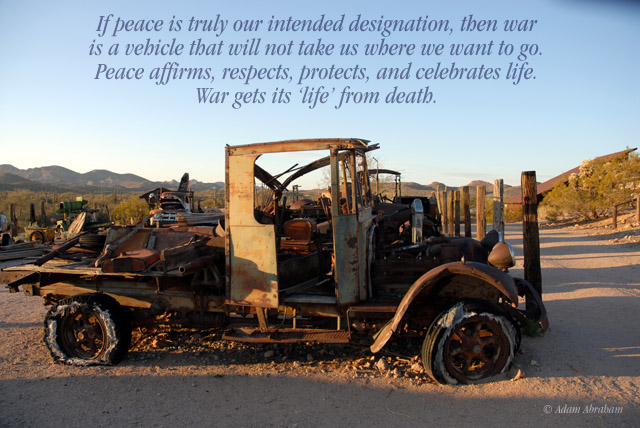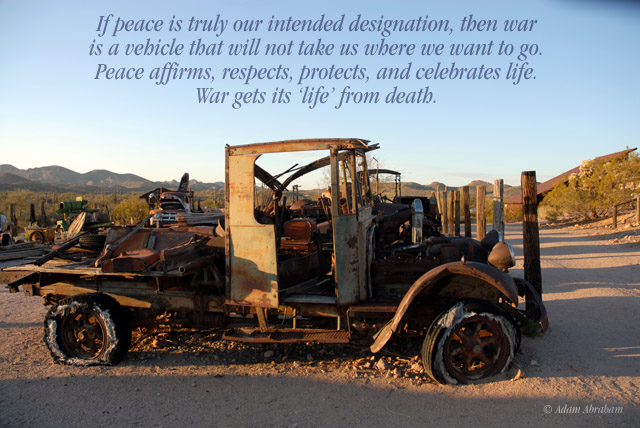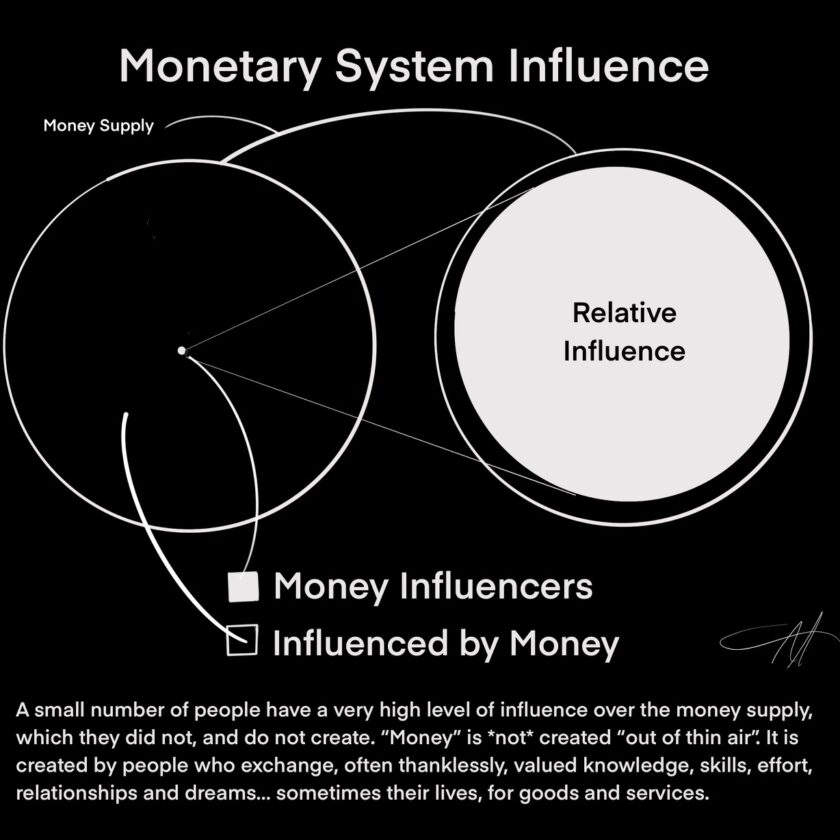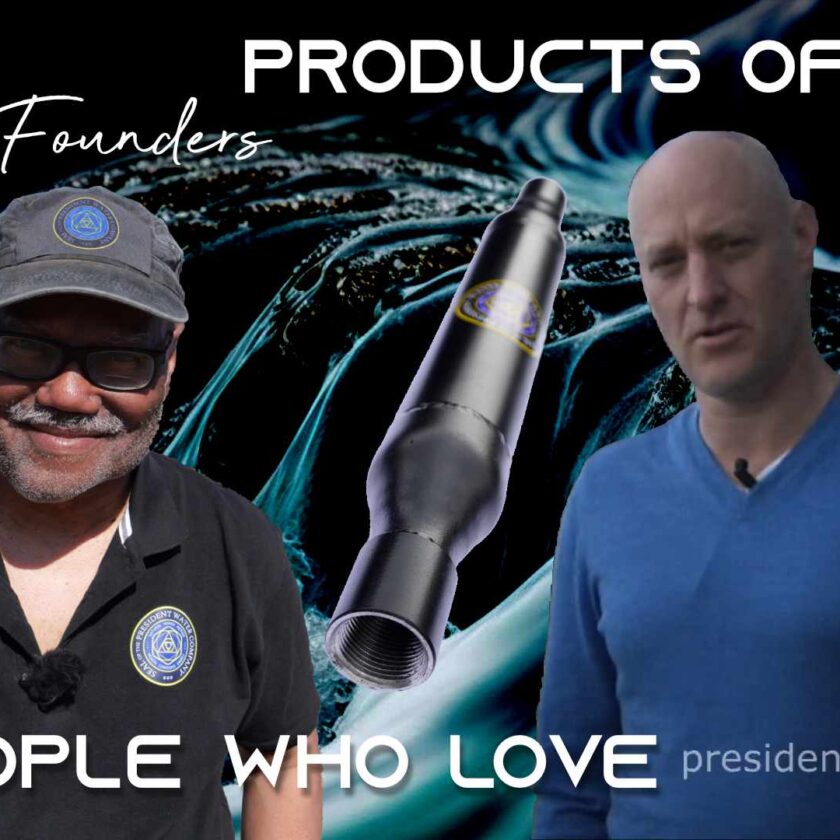I originally wrote this essay August 18, 2002, seven months before we invaded Iraq. Let’s see how the ideas now work with benefit of hindsight.
Bush’s Dilemma in “Gunning Down” Saddam
Our dear president is “champing at the bit” to unilaterally send US forces into Iraq and overthrow the Saddam Hussein regime. My simple question is, “Why?” Haven’t we gone down the “let’s make war” road enough already? Isn’t it about time we tried something else? Doesn’t anyone in the Bush Administration have any other ideas?
In terms of military, social, and economic might, the United States is the most powerful nation of people on the planet. It sets the standard for individual freedom and diversity by which the social systems of all other nations are measured. As its leader, why would Mr. Bush be willing to place the citizens of his country in the role of invaders of another country whose citizens have far less demonstrable power? Is destructive power all we have at our disposal with which to back up our foreign policy? Is this the “example” that we want to make to the world?
The rationale behind the Bush Administration stance on Iraq is similar to what happens when police officers pursue and corner a drunk or crazed suspect who is stupid enough to lunge at them with a knife or stick. Trained and armed “up the wazoo” with many different ways to subdue unlawful citizens, they too often elect to use deadly force. To justify this “sanctioned overreaction,” they are instructed to say that they had “fear for their lives.” Fear indeed. When the assailant isn’t a threat to respond in kind, respect would dictate that deadly force be the absolute last option. Officers should seek to preserve human life (before property) as their prime directive, instead of shooting first, and asking questions later, which seems to have become a matter of policy. The Bush administration not only wants to deploy US troops to “shoot” Iraq first, it also seems willing to shoot alone. That would be a big mistake.
I find it hard to believe that all this talk about forcibly changing the regimes in Iraq really means America fears that Iraq will, or even could, destroy it. It can create havoc. It can kill people. But destroy America? I don’t think so. Only Americans can do that, and the only way Americans destroy America, is by attacking other countries in anger, or fear. Each time we do so, fear and guilt rises. Feeling increasingly vulnerable, we give up some personal freedom: the very essence of what makes America great.
More than money, when we share our ingenuity with the people of other countries, helping them not to destroy each other, but to provide for themselves and build value, everyone feels better. The affected places become better places to be because the people will have created a higher standard of living.
Iraq has indeed used nerve gas in an attack on the Kurdish people in Halabja—it’s own ethnic brethren—in the Northern territory of Iraq, on March 16, 1988. 5,000 people lost their lives. Hussein did not however, use nerve gas during the Gulf War when all those now famous “scud” missiles were launched against allied forces. If he were so intent on using nerve gas against someone he despised, then that might have been a prime occasion.
According to an article in the New York Times (August 17, 2002), the United States gave critical assistance to Saddam Hussein during the Iraq-Iran war (1981-1988), even though officials in the Reagan administration knew he would employ chemical weapons in waging decisive battles in that war. Yet, today, their counterparts in the Bush administration are taking righteous umbrage, as if “the threat” were new.
Dan Bartlett, President Bush’s communications director, said on ABC’s “This Week” program that, “President Bush is committed to make sure that we make the world a more peaceful place.” If this is so, then please explain how is the world going to become “a more peaceful place” by escalating both the threat and reality of war, and risking many innocent lives in an attempt to remove one corrupt leader? It just doesn’t add up.
Such a strategy would be fodder for radical Islamic fundamentalists’ contentions that America is “the great evil.” While this would be untrue, the notion would be harder to deny, since we would be providing hard evidence of “depraved indifference” to the suffering of innocent people.
No matter how much destruction technology Hussein can muster, he can’t match what America already has, and is already publicly on record as wanting to use against Hussein.
Saddam Hussein hasn’t publicly stated an intention to use such weapons. Our officials are the ones who continue to assert that he is. What he did was thwart the efforts of UN inspectors to confirm the presence of such weapons. Why? This is speculation, but perhaps it is because he didn’t want the world to know how few weapons he really had. Perhaps he didn’t want his enemies—even those in the Middle East, including Iran—to know just how vulnerable his country really was. If we rush into Iraq on our own and blow everything up, then we would essentially be “covering up” the truth. At what incalculable expense of peace would this be done—not only in the Middle East, but also in the rest of the world?
Our officials are working under the same mindset that, in August 1998 claimed to have credible evidence that deadly VX nerve gas was being produced by the Al-Shifa Pharmaceuticals Industries plant in Sudan, a country in Northeast Africa. This is a place where the four-pronged dangers of civil strife, banditry, famine, and disease constitute the rule of life, rather than the exception. Far from being the statesman, former president Bill Clinton took advantage of Sudan’s ingrained malaise and convenient indefensibility, to draw attention away from the annoyance caused by the “relationship” he vehemently denied having with aid, Monica Lewinsky. According to some estimates, tens of thousands of people lost their lives slowly, due to the medical treatment supply that was subsequently made unavailable by the plant’s bombing. Now we have a different president, but is “the threat” that they are trying to convince us of, just as unreal? It’s a good question to ask.
The argument for a pre-emptive attack against Iraq is that Saddam Hussein wants to use weapons of mass destruction against Western forces. So what? Does that mean we should use weapons that will cause mass destruction to get him first? Has our “scorching” of Afghanistan in the aftermath of September 11, (1) yielded credible evidence that Osama bin Laden and al-Qaeda have been stopped, or (2) decreased the likelihood that a similar event will happen again?
By pre-emptively striking Iraq out of fear, the United States would justify every fear that the Iraqi people and sympathizers throughout the Muslim world have had against us. It would fuel their resolve to fight us, and everything that we stand for. Beyond that, we will justify a wariness that the rest of the world—including our non-Muslim allies—may be harboring toward the United States.
I am not arguing that Saddam Hussein should stay in power. However, killing him as a way to remove him would not be a “credit” that this country should have placed on its collective head. It only “lowers the bar” of acceptable protocol in international relations. Doing so would needlessly place more American people at risk abroad, as well as within our own borders. What ever happened to treating people the way that you want to be treated?
We have many bargaining chips that are much more powerful than destruction, be it “mass” or otherwise. We have knowledge, intelligence, innovation, and creativity in great abundance. We can lead by peaceful example, rather than by threat of the sword. We can affirm that, while respecting and preserving the right of diverse people to live in harmony, we will not be goaded into being agents of destruction. While the eyes of the world are watching, I hope President Bush sees, and seizes, the bigger humanitarian opportunity that his predecessor lusted for, but never found.
It was all I could to resist annotating this essay while re-reading it. What has actually happened in the four years that have passed? It would do everyone well to take stock by visiting the Casualties page at Antiwar.com.







Our country is in serious decline, yet the average person thinks all is well as long as the cable works, they can play with their cell phone and the movie theatre is open. Imposing democracy on other countries does nothing but serve the banking interests that profit from the whole fraud.